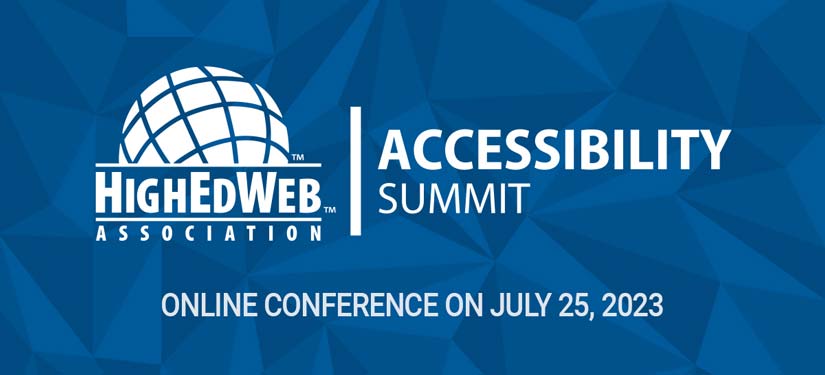Microsoft Word includes a robust set of tools to allow the creation of accessible documents which can work well for multiple readers and/or their assistive technology. These include correctly using heading styles, accessible table formatting, usable list bullets and numbers as well as adding image alt text. However, most writers in Word do not know how to access these tools, and if they do, they may find them more cumbersome than the basic editing tools most of us are accustomed to. Although Penn State has developed multiple training products, some instructors have asked for an “easy to use template.”
To assist this audience, a series of alternative Word templates were developed which feature different heading font options and tables that change formatting depending on whether accessible headers options have been checked. Penn State IT Accessibility and Schreyer Institute for Teaching Excellence have partnered with multiple units to provide training and assist academic units in developing in-house syllabus files which can be used with minimal changes in different large enrollment courses. Other units have created templates to facilitate gathering reports and curriculum plans from instructors.
This session will review how the templates have been created and how different training options — from basic Word accessibility to advanced style management — are being offered to different constituent communities at Penn State. We’ll also discuss some limitations of using templates alone to providing accessible content.
Presenters
- Mary Ann Tobin — Penn State University-Main Campus
- Elizabeth J Pyatt — Penn State University-Main Campus
Log in
Please log in to access the recording, slides and other session materials. Paid members have full access to the entire library.
New members
HighEdWeb offers several membership classes. Join today as a premium, affiliate, student or institutional member for full access to this session. Become a paid member.
Shortcode
ACA11
